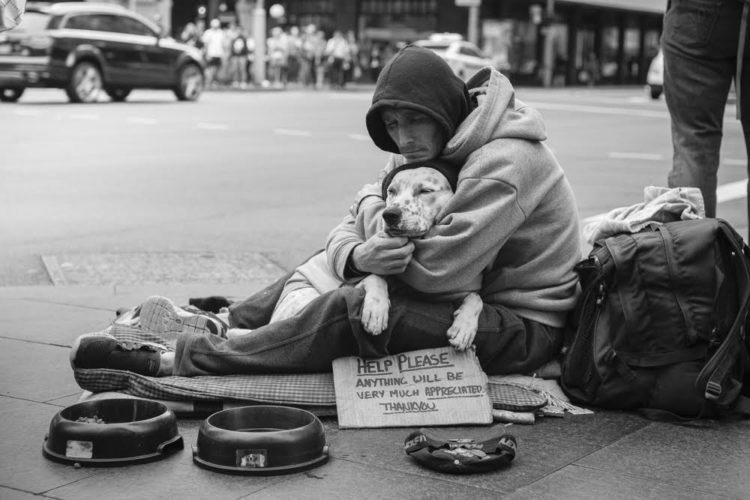It can be hard enough deciphering the scientific language, without adding a foreign language to a consult or report. Alison Williams takes us through the use of veterinary translation…
What is The Goal of Veterinary Translation?
Vets are part of a town or city’s business community. They are there to meet the needs of both pet owners and farmers alike. Animals are treated in much the same way as humans when it comes to diagnosis and treatment. When an animal, or even a herd of sheep or cattle, has to be cared for when they are sick instructions have to be given by the vet so the use of drugs or any other treatment is clearly understood. If a vet didn’t offer any explanation in the language of his or her regular customers then the customer may not use that veterinary service again and go somewhere else to take their pet for treatment or for seeking assistance with sick livestock on a farm.

Vets prevent and treat sickness in animals
Overall, veterinary medicine’s aim is to prevent animal sickness, offer a diagnosis after seeing an animal and provide a treatment programme. This could involve pets, domesticated animals, wild animals and even animals used for experimental purposes. A vet may be asked by a government department to conduct health inspections where large numbers of animals are present in one area. Vets are able to quickly observe the potential environment for an unwanted disease outbreak and can advise government departments on what action should be taken.
Vets aren’t usually multilingual
Vets don’t always deal with people who speak their language, so to ease any communication problems multilingual translation experts are hired to translate any instructions or reports. The vet may need to provide such information to a private individual who doesn’t speak English and has a problem with a pet, a farmer who doesn’t speak English well, or a multilingual community that needs to know about a disease outbreak and what should be done to prevent its spread. A veterinary translation service is vital in order to meet the needs of today’s multilingual community.
In the veterinary field as a whole, there may be documents that need veterinary translation experts to help to inform the wider community of important issues involving our animal community.

Veterinary related documents that need translating
The sorts of documents that may need translating by a veterinary translation service include:
- health and hygiene programmes when working with livestock to ensure the safety of food;
- government health policies;
- risk analysis in relation to disease outbreaks;
- financial reports and contracts within the veterinary area aimed at a multilingual population.
Other documents related to the veterinary industry that may need translating are documents related to current research & development, outline of and results of clinical trials related to animals, training materials for those either working with animals or for those who are starting a training programme and government or NGO directives about the care and welfare of domesticated animals.
The written veterinary material that is most frequently translated includes:
- labelling and packaging,
- drug registration dossiers,
- clinical study reports (CSRs),
- protocols,
- product monographs,
- summary of product characteristics (SMPC),
- veterinary expert reports,
- case report forms (CRF),
- scientific articles,
- patient information leaflet (PIL),
- final study reports.

Most veterinary translation services have well qualified veterinary translation experts who hold a BSc or PhD in a scientific discipline so they understand veterinary jargon. It’s as important to get veterinary documents translated accurately as it is documents related to the medical field. It is animals’ lives that are at stake and vets are responsible for ensuring that their human owners understand instructions when it comes to their welfare.
About the author:
Alison Williams has been involved in writing with the translation industry since 2011 and has worked with a number of translation companies. Medtrans – Medical Translation Solution is one of them, which focuses on medical translation. Over the past few years, she has worked with executives, entrepreneurs, industry experts and many other professionals in writing and publishing, SEO web content, blogs, newspaper articles and more.
More info about pets
Drunk Pets? Pets and alcohol aren’t good mixers
Animal Rights Support: Pets are more than property
7 Steps to a Perfect Pet (and being a perfect pet owner)
How animals can help autistic children
Paws to remember the dogs of war






Comments are closed.